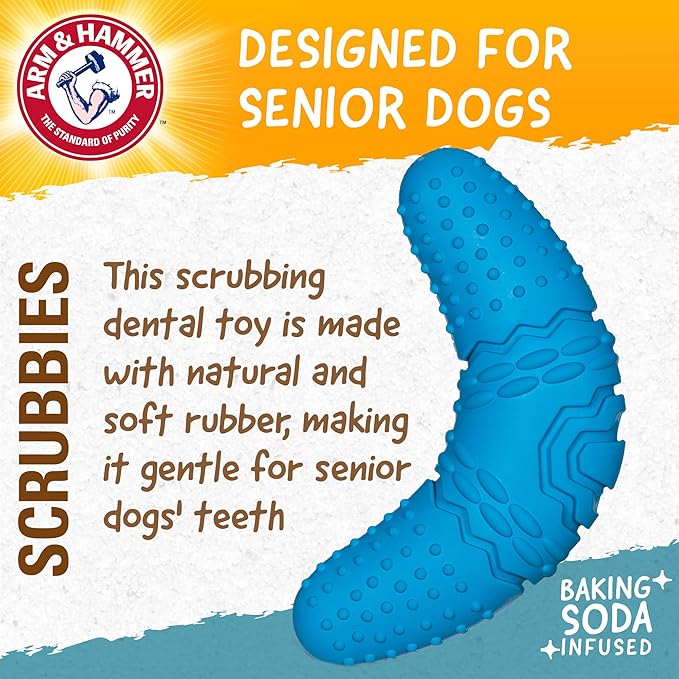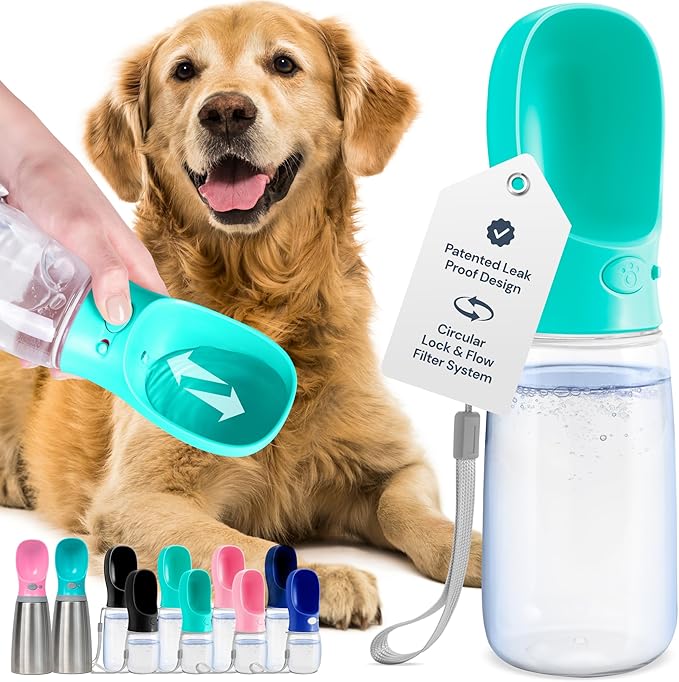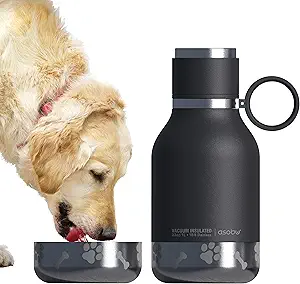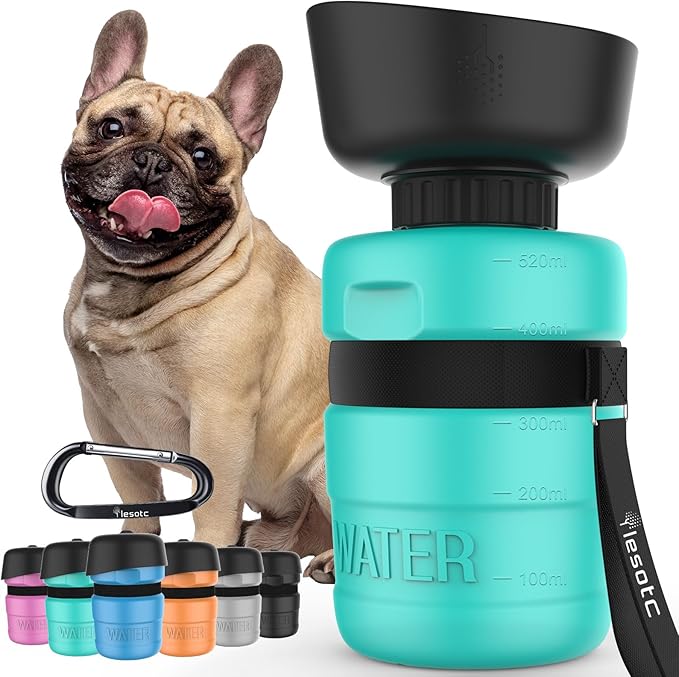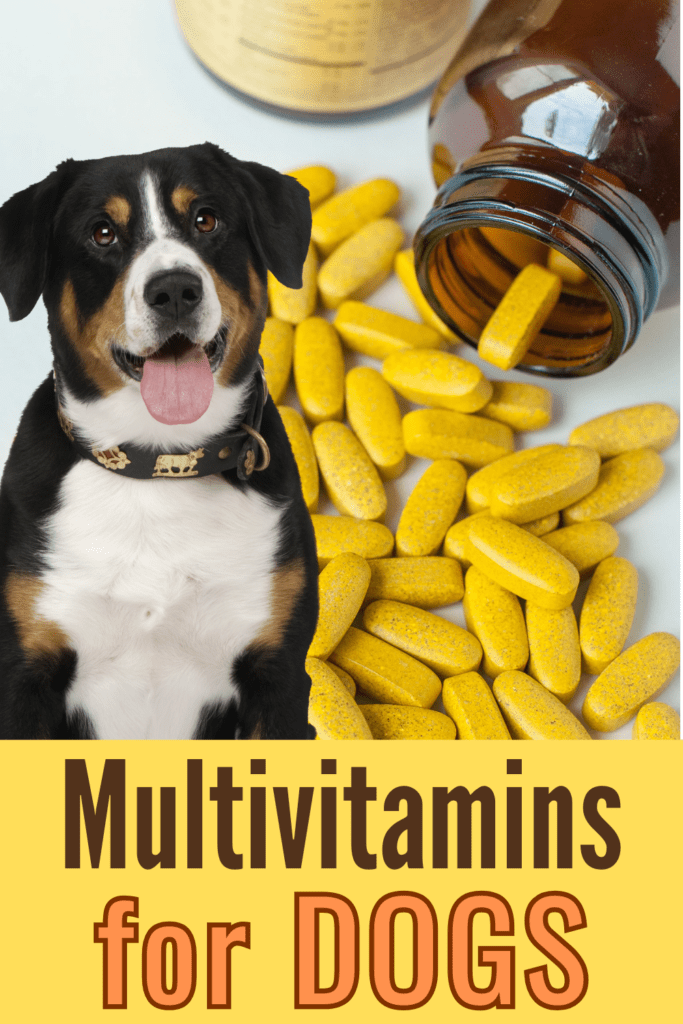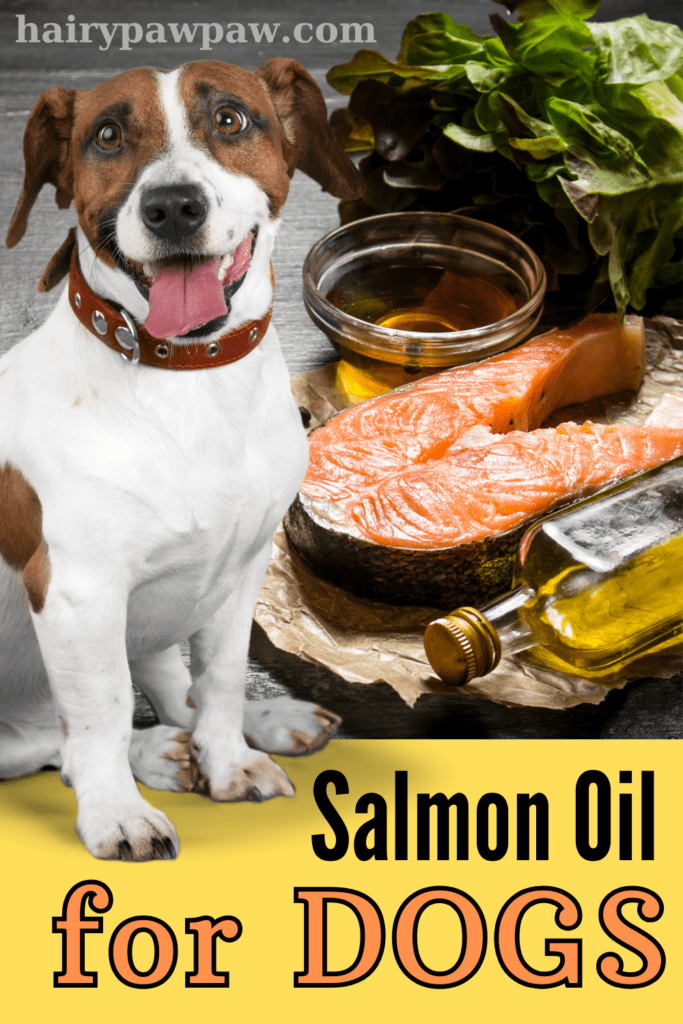How to Care for Your Senior Dog’s Dental Health
This post may contain affiliate links, which means I’ll receive a commission if you purchase through my link, at NO EXTRA COST TO YOU
Caring for senior dogs requires extra attention, especially when it comes to dental health. As dogs age, their teeth and gums become more vulnerable to a range of issues. Tooth decay, gum disease, and other dental problems can easily impact their overall health. By addressing these concerns early, you can prevent discomfort and ensure your senior dog stays healthy as they age.
Common Dental Problems in Senior Dogs
Senior dogs often face several dental problems. These issues include:
- Tooth Wear and Tear: Over time, chewing on toys, food, and other objects causes wear and tear. The enamel, which protects the teeth, erodes gradually. As a result, the teeth become more vulnerable to decay and breakage.
- Gum Disease (Periodontal Disease): Gum disease frequently becomes more common as dogs age. Plaque and tartar build up over time, leading to inflammation and infection. Without proper care, periodontal disease causes tooth loss and infection that may spread to other organs.
- Tooth Decay: Tooth decay poses a significant threat to senior dogs. Bacteria build up on the teeth, forming plaque and leading to cavities and abscesses. When left untreated, tooth decay leads to infections that can be extremely painful.
- Loose or Missing Teeth: Older dogs often experience loose or missing teeth. This causes discomfort, making it difficult for them to eat properly. In fact, this can even lead to weight loss or malnutrition.
- Oral Infections: Senior dogs face a higher risk of developing oral infections. These infections can spread throughout the body if not addressed, causing further health issues. Monitoring your dog’s mouth regularly helps catch these problems early.
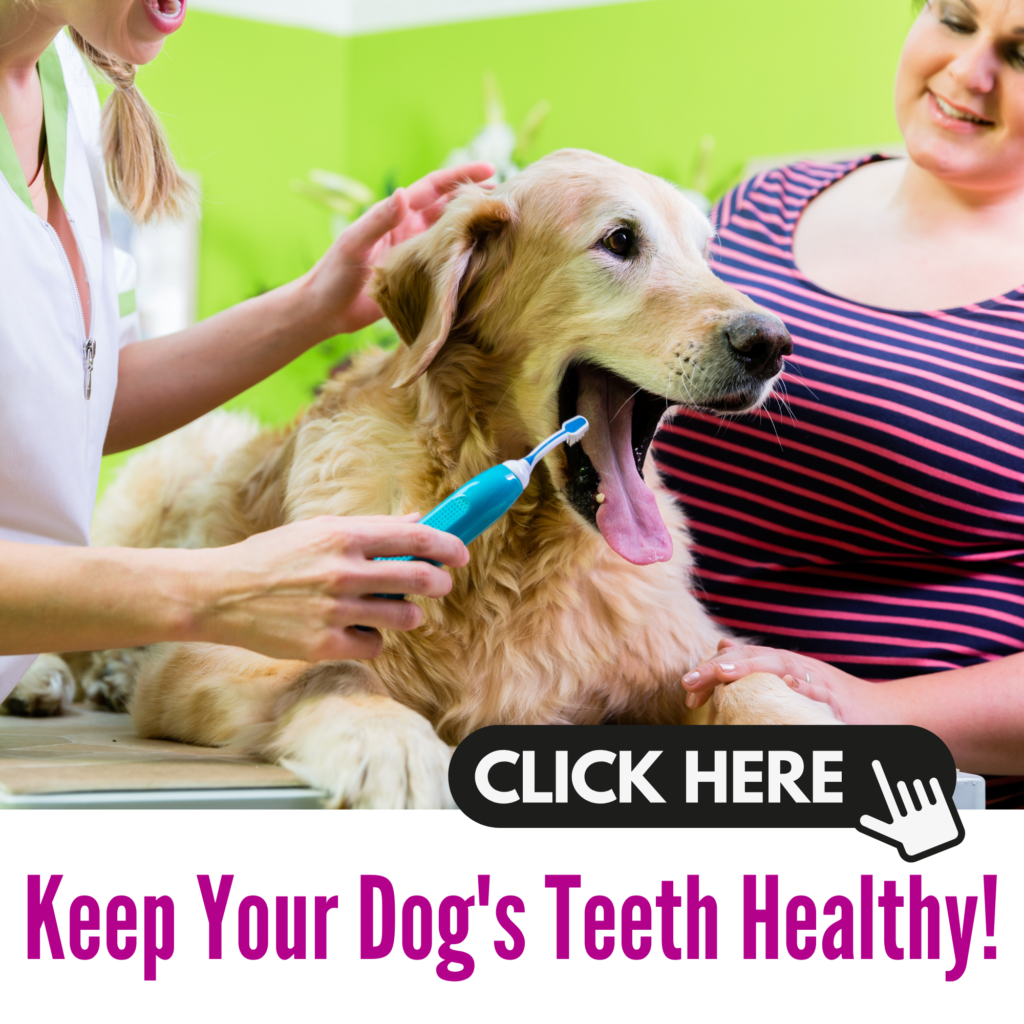
Establishing a Dental Care Routine for Senior Dogs
You must adapt your dog’s dental care routine as they grow older. Here’s how to ensure their teeth and gums stay in good condition:
- Daily Brushing: Brushing your dog’s teeth every day helps prevent plaque and tartar buildup. Use a soft-bristled toothbrush designed for dogs, along with a toothpaste safe for pets. If your senior dog isn’t used to this, start slowly and build up to regular brushing.
- Provide Dental Chews and Treats: Offering dental chews helps maintain your dog’s oral health. Chews designed for senior dogs are softer, so they don’t damage aging teeth. These treats not only promote healthy teeth and gums but also reduce plaque buildup.
- Adjust Their Diet: Consider your senior dog’s dietary needs. If they struggle to chew dry kibble, softer food may work better for them. Some senior dog foods also contain ingredients that promote dental health. Consult your veterinarian to find the best diet for your dog.
- Schedule Professional Cleanings: Professional cleanings play an essential role in your dog’s dental care routine. Veterinarians can remove plaque and tartar from areas you can’t reach with a toothbrush. Aim to schedule cleanings annually or as recommended by your vet.
- Regular Vet Checkups: Routine vet visits are important for your senior dog. During checkups, your vet examines your dog’s teeth and gums for signs of disease or decay. Catching these issues early allows for more effective treatment and prevents complications.
Special Considerations for Senior Dogs
Manage Pain: Watch for signs of dental pain, such as difficulty chewing, refusal to eat, or pawing at the mouth. If you notice any of these symptoms, take your dog to the vet right away. Addressing pain early helps keep your dog comfortable.
Switch to Soft Chews and Toys: Hard toys and bones can cause damage to aging teeth. Instead, offer your senior dog soft chews and toys that won’t hurt their teeth. This reduces the risk of fractures and helps keep their mouth healthy.
Monitor Behavior Changes: Dental problems often cause changes in behavior. If your dog becomes irritable or less active, check their mouth for any signs of discomfort. Providing proper dental care improves their quality of life and keeps them happy.
Keep Them Hydrated: Hydration plays a key role in oral health. Make sure your dog drinks plenty of water to promote saliva production. Saliva helps wash away food particles and bacteria, preventing plaque buildup.
Look for Signs of Infection: Red or swollen gums, excessive drooling, or pus around the teeth indicate an infection. Don’t wait to see a vet if you notice these symptoms. Early treatment prevents the infection from spreading and causing further issues.
Benefits of Dental Care for Senior Dogs
- Improves Quality of Life: Senior dogs experience less discomfort when they receive regular dental care. A healthy mouth keeps them happy and pain-free as they age.
- Prevents Systemic Health Issues: Periodontal disease can lead to heart, kidney, and liver problems. By maintaining good oral hygiene, you reduce the risk of these complications and improve their overall health.
- Supports Appetite and Nutrition: Healthy teeth allow senior dogs to eat comfortably. This ensures they receive proper nutrition, which supports their energy levels and overall health.
- Prolongs Lifespan: Proper dental care extends your senior dog’s life. A healthy mouth contributes to better overall health, allowing your dog to live a longer and happier life.
Conclusion
Senior dogs need special dental care to maintain their health and well-being. By establishing a regular routine that includes brushing, dental chews, professional cleanings, and regular vet visits, you can prevent many common dental issues. As a result, your dog will enjoy a higher quality of life as they age. Prioritizing dental care means your senior dog can continue to thrive for years to come!
© Copyright 2024. All rights reserved.


